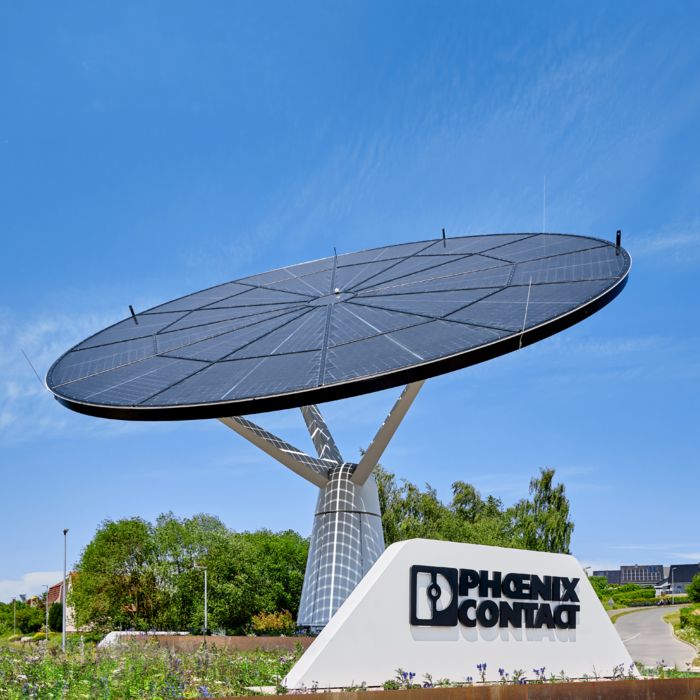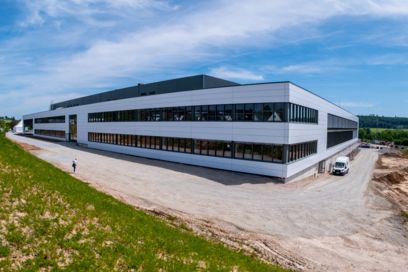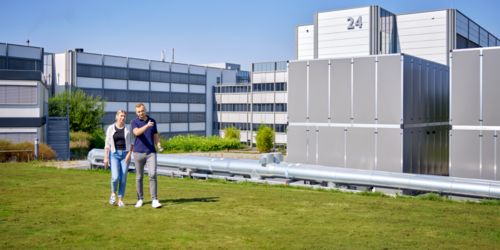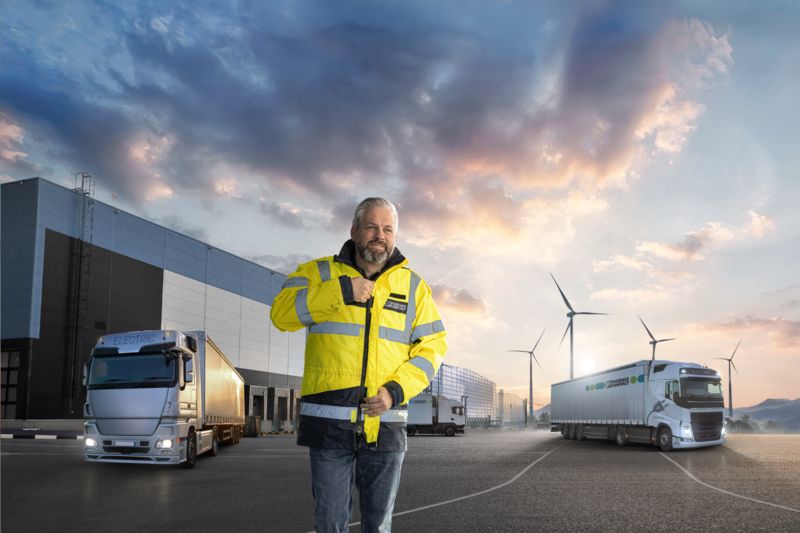
Phoenix Contact is committed to sustainable resource management in all areas of the company as well as in the upstream and downstream processes of our supply chain. The increased use of renewable energies at our locations minimizes greenhouse gas emissions and our company’s environmental footprint. We assess the environmental impact of our products over their entire lifecycle and take measures to reduce CO₂ and improve resource efficiency.















